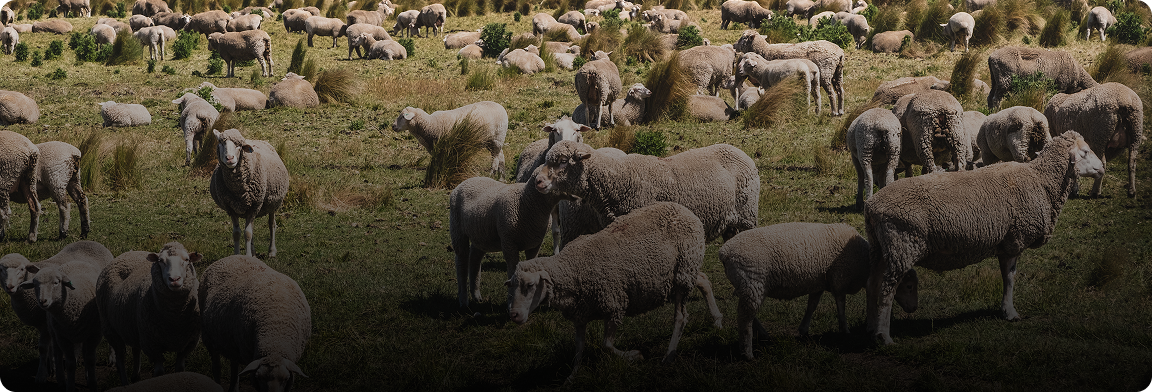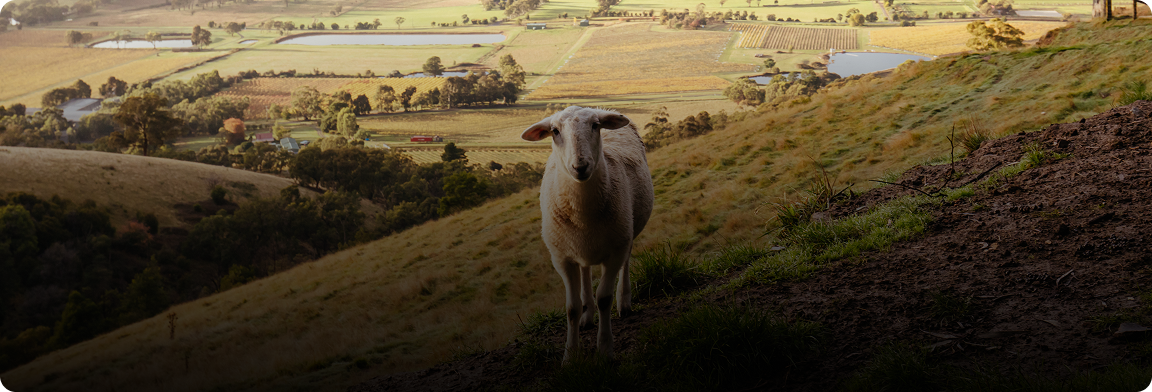Livestock farming is an important part of life, but it can create pollution. One kind of pollution is greenhouse gases, like methane. These gases trap heat in the atmosphere and make the Earth warmer. Warmer weather can cause problems like floods, droughts, and storms. Farmers can help the environment by reducing these harmful gases. In this blog, we’ll talk about simple steps farmers can take to make livestock farming cleaner. Let’s see how small changes can help the planet!
Why Reducing
Greenhouse Gases is
Important
It is very important to reduce greenhouse gases because they make the Earth too warm. When animals, like cows and sheep, eat food, they can release gases like methane. These gases get trapped in the air and cause global warming. Global warming can cause big problems, like ice melting and bad weather. By reducing greenhouse gases, farmers can help make the planet cooler. They can also make the air and water cleaner for everyone. It is easy to make a difference by doing simple things to reduce these gases.
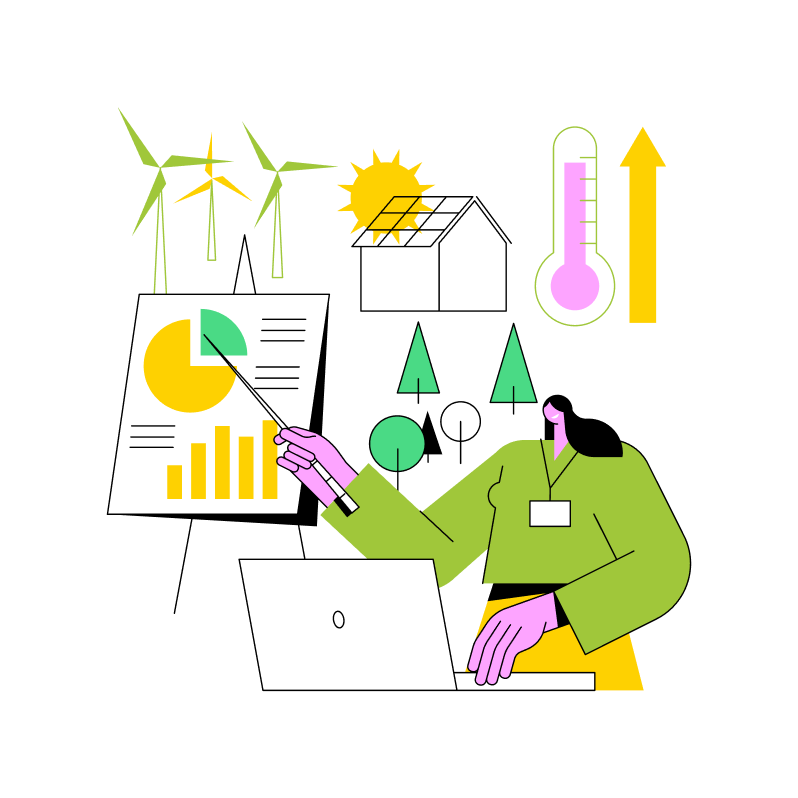
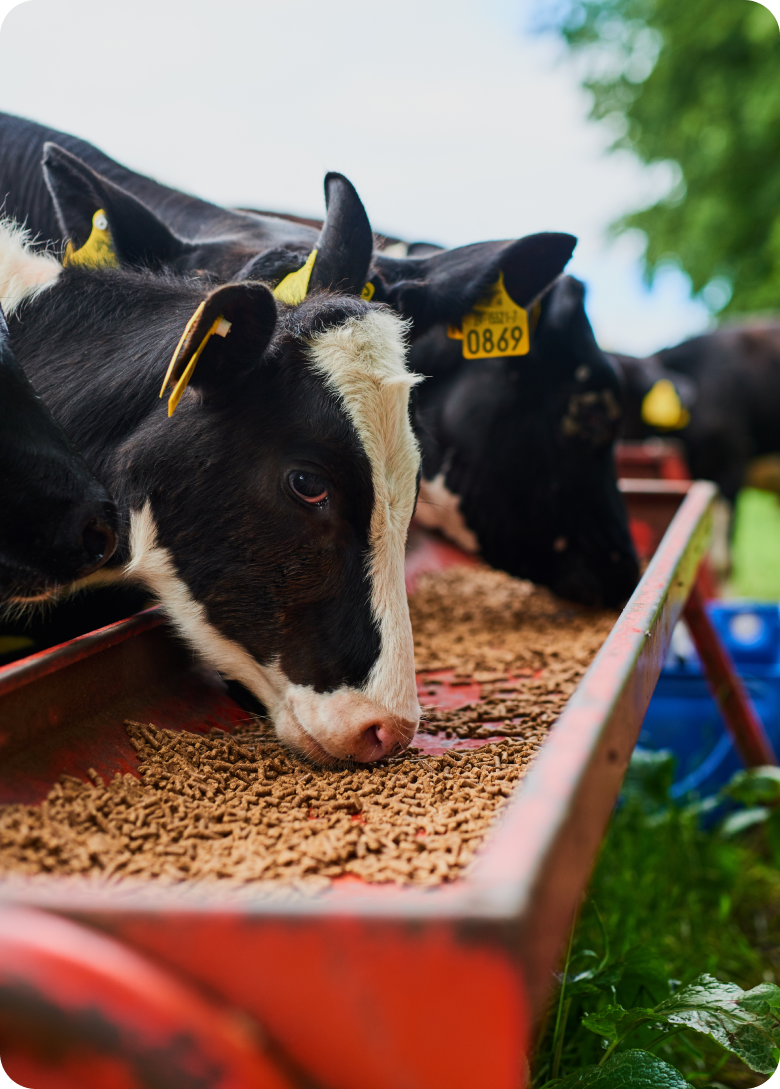
Better Feed for Less Gas
One way to reduce greenhouse gases is by giving animals better food. When animals eat good food, they don’t release as much methane. For example, feeding animals food with more fiber helps them digest better and produce less gas. Fiber comes from plants, like grass and hay. Farmers can also give their animals special supplements that help them digest food without making as much methane. By feeding animals healthy food, farmers can keep their animals happy and help the environment too. It’s a simple way to reduce pollution and make animals healthier.
Managing Manure to
Reduce Gas
Another way farmers can reduce greenhouse gases is by managing animal manure better. Manure is animal waste that can release methane into the air. If farmers keep manure in covered bins or pits, they can stop gases from getting into the atmosphere. They can also compost the manure. Composting is when farmers mix manure with leaves and straw. Over time, this mixture breaks down into compost that can be used to help plants grow. This way, farmers can use manure in a good way, while also reducing gases. Manure management is a smart and easy step farmers can take to reduce pollution.
Using Renewable Energy
on the Farm
Farmers can also use renewable energy to help the environment. Renewable energy comes from natural sources like the sun and wind. For example, farmers can use solar panels to get energy from the sun. They can also use wind turbines to get energy from the wind. By using renewable energy, farmers don’t need to rely on fossil fuels. Fossil fuels release harmful gases into the air, which make global warming worse. Renewable energy is clean and doesn’t pollute. It is a great way to reduce pollution and help the environment.
Planting Trees to Help the
Farm
Another easy way to reduce greenhouse gases is by planting trees. Trees are like nature’s air filters. They take in carbon dioxide, which is a type of greenhouse gas. By planting more trees around the farm, farmers can help reduce pollution. Trees also give animals shade and shelter. This helps animals stay cool on hot days. In addition, trees make the farm look nicer and can even provide fruits or nuts for the farmer. Planting trees is an easy, natural way to protect the Earth and keep the farm healthy.
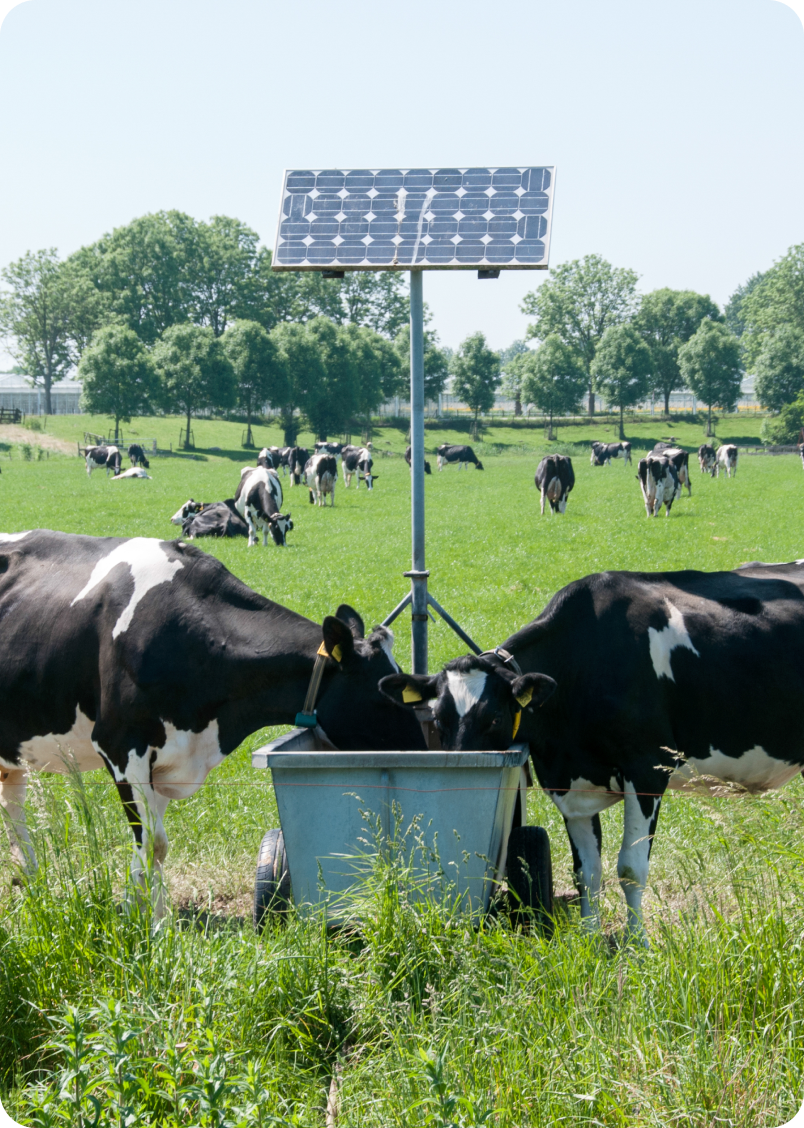
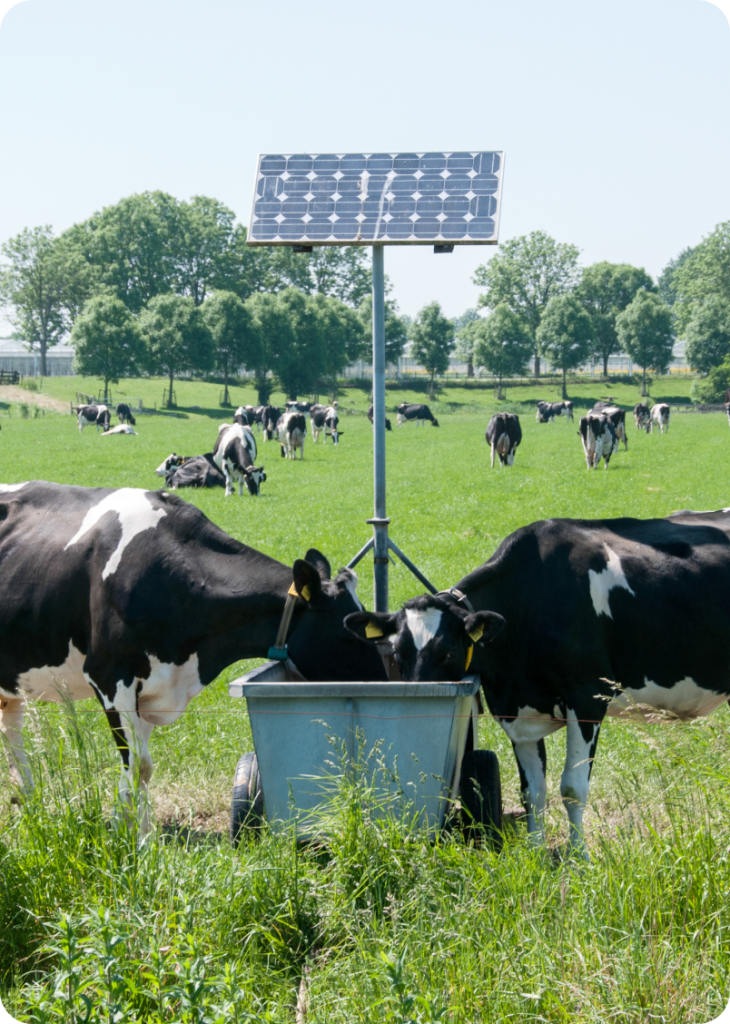
Improving Grazing
Practices
Farmers can reduce greenhouse gases by improving grazing practices. Grazing is when animals eat grass or plants in a field. Sometimes, animals eat too much grass and overgraze the land. This can damage the soil and increase gas emissions. To fix this, farmers can practice rotational grazing. This means moving animals from one field to another so that the grass has time to grow back. By doing this, farmers can help the land stay healthy and reduce emissions. Rotational grazing is a simple and effective way to keep the farm clean and the environment safe.
Recycling and Reducing
Waste
Farmers can also help the environment by recycling and reducing waste. On a farm, there are many things that can be recycled, like plastic bottles, cans, and even old tools. Instead of throwing these things away, farmers can send them to recycling centers. Recycling helps save resources like plastic, metal, and paper. It also keeps trash out of landfills. Another way to reduce waste is by using food wisely. If animals don’t eat all their food, it can go to waste. By giving the animals just the right amount of food, farmers can reduce waste and save money. Recycling and reducing waste helps the planet and the farm at the same time.
Managing Wastewater to
Protect the Environment
Farmers also need to manage wastewater properly. Wastewater is water that has been used on the farm, like the water used to clean animal areas. If farmers don’t manage wastewater carefully, it can pollute rivers and lakes. However, farmers can use special systems to clean the water before it goes back into nature. After the water is cleaned, it can go back to rivers or lakes without causing harm. By treating wastewater, farmers can help protect the environment and keep the water clean for everyone. This simple step makes a big difference for nature
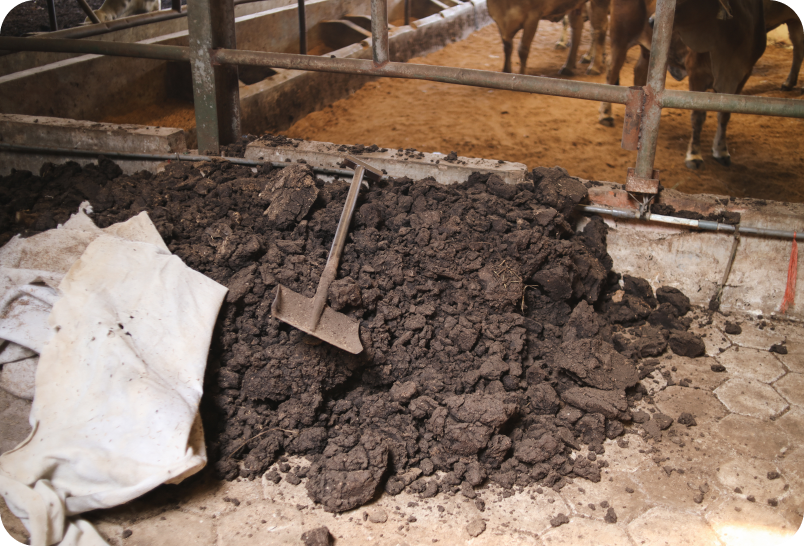
Conclusion
In conclusion, reducing greenhouse gases in livestock farming is important for a healthier planet. Farmers can take small steps like feeding animals better, managing manure, using renewable energy, planting trees, improving grazing practices, and recycling waste. These actions help reduce pollution and protect the environment. By making these simple changes, farmers can help fight global warming and create a cleaner, healthier world for everyone. Every small step adds up and makes a big difference for the Earth. Farmers have the power to make the planet better for all of us.




